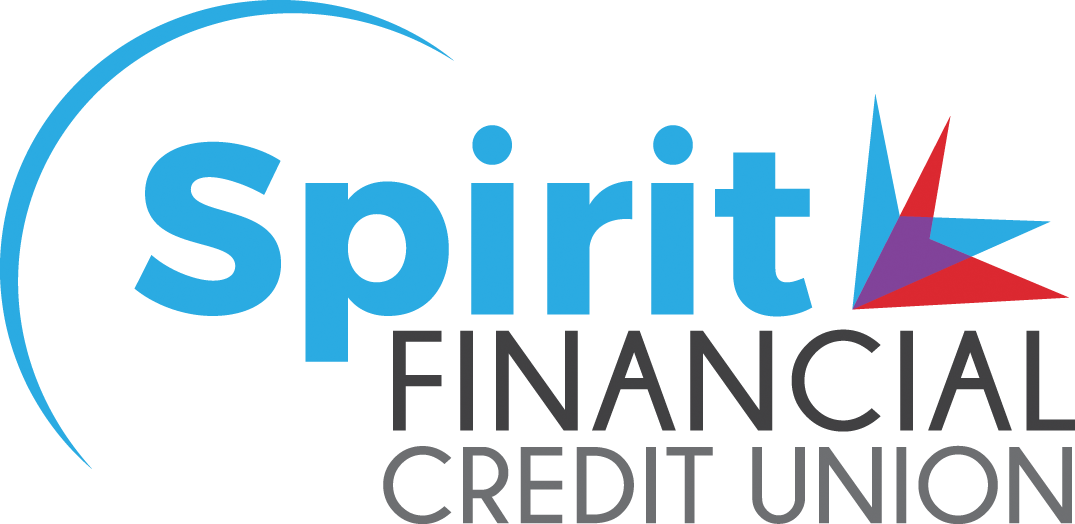Avoid Tax-Time Panic: Wise Prep Strategies for Smoother Filing
As tax season nears, many of us experience a familiar wave of stress—sorting through documents, deciphering tax codes, and racing against the clock to file on time. But here's the good news: with the right strategies, you can turn tax season from a source of panic to a manageable task.
To help you get started, we've compiled a list of strategies designed to keep you organized, informed, and ahead of the game. Let's break it down.
1 Gather and Organize Your Documents Early: The Sooner, the Better
Step one in preparing for tax season is ensuring you have all the necessary paperwork. This includes:
Income Statements: W-2s from employers or 1099 forms if you're self-employed.
Investment and Interest Statements: 1099-INT, 1099-DIV, and other investment-related forms.
Expense Records: If you're eligible for deductions, gather receipts for medical expenses, charitable donations, and education costs.
Previous Year's Tax Return: This can be a helpful reference and provide critical carryover information.
Create an assigned folder (physical or digital) to store these documents as you get them. This will help you avoid scrambling to find them at the last minute.
2 Maximize Deductions and Credits
Understanding all available deductions and credits can significantly reduce your tax liability. Here are a few to keep in mind:
Education Credits: If you or your dependents are in school, the Lifetime Learning Credit or American Opportunity Tax Credit might apply. Visit the IRS website to learn about education credits.
Retirement Contributions: Contributions to IRAs or employer-sponsored retirement plans may be tax-deductible. It's not too late; you can make IRA contributions for 2024 until April 15, 2025. Review the IRS regulations on IRA contribution limits.
Energy Efficiency Improvements: Homeowners who made energy-efficient upgrades may qualify for tax credits. Tap to learn more about the energy-efficient home improvement credit.
Child and Dependent Care Credits: If you paid for childcare, this credit could help offset the costs. Visit the IRS website for eligibility information.
Consult with a tax professional to confirm you're not missing out on valuable tax breaks.
3 Leverage Free Resources
There are many valuable resources available to help you navigate tax season.
Free Tax Preparation Services for Qualified Taxpayers: The IRS Volunteer Income Tax Assistance (VITA) and Tax Counseling for the Elderly (TCE) programs offer free basic tax return preparation to qualified individuals. Visit the IRS website for details and eligibility.
Educational Workshops: Look for webinars or seminars on the topics of tax strategies and tax law changes.
Savings Accounts for Tax Payments: Open a dedicated credit union account to set aside funds for your tax bill. Make deposits throughout the year.
4 Double-Check Tax Law Changes
Tax laws can change from year to year, impacting everything from deductions to filing requirements. For instance, changes in the standard deduction, tax brackets, and retirement account contribution limits can significantly affect your tax liability. Stay informed by:
Visiting IRS.gov: This official site provides reliable information on tax updates.
Signing Up for Newsletters: Financial and tax-focused newsletters can deliver updates straight to your inbox.
Consulting Experts: If you're unsure how changes might affect you, seek advice from a tax professional.
5 File Early to Avoid Last-Minute Stress
Filing your taxes early has several advantages:
Faster Refunds: If a refund is due, filing early means getting your money sooner. E-filing and selecting direct deposit into your credit union account for refunds can speed up the entire process.
Reduced Risk of Errors: Rushing to file at the last minute may increase the likelihood of mistakes.
Fraud Prevention: Filing early helps protect against identity theft, as it reduces the window for scammers to file false returns in your name.
6 Seek Professional Help if Needed
If your tax situation is complex or you feel overwhelmed, don't hesitate to consult with a tax professional. They can help:
Identify deductions and credits you might have overlooked.
Ensure your return is accurate.
Provide peace of mind that you're compliant with tax laws.
Stay Calm and Start Now
Avoiding tax-time panic is all about preparation. You can make tax season a breeze by staying organized, taking advantage of available resources, and seeking expert help when needed. Remember, it's all about staying calm and starting now.
Need Help?
At Spirit Financial, we're committed to supporting our members with important financial resources throughout the year. Contact us today to learn more about our financial solutions designed to keep you on track and stress-free.
Read the Spirit Financial blog each month for new information designed to educate, inform, and protect.



